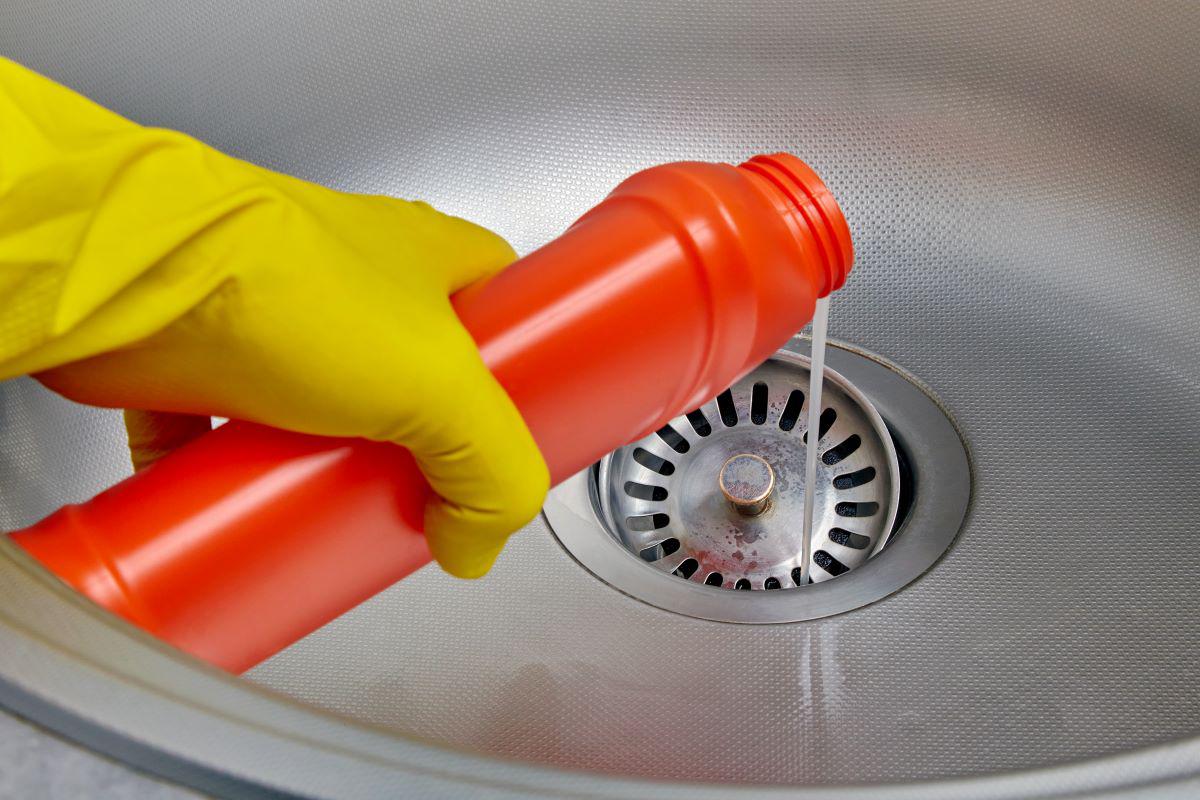
When it comes to household plumbing, there are many things that people don't know or mistakenly believe. Unfortunately, this leads to many homeowners making mistakes that can result in damage or cost them money due to needing more frequent plumbing repairs or wasting water.
Flushable Wipes Are Safe to Flush
In recent years, there's been a major surge in the number of companies selling "flushable" baby and wet wipes. Unfortunately, many people believe the claim that these wipes are actually safe to flush down the toilet. Toilet paper generally won't clog your toilet or sewer line because it breaks into smaller pieces, though using excessive amounts can still cause a blockage. This isn't the case with wipes, which stay mostly intact when flushed and often get caught inside your plumbing or sewer line. Wipes are among the leading causes of clogs in municipal sewer systems, and they can also quickly cause a major clog in a house's sewer line. As such, if you prefer using wipes to toilet paper, it's important that you toss them in the trash to avoid expensive plumbing issues. In addition, cotton pads, feminine hygiene products, diapers, and paper towels should also always go in the trash, as the only things you can safely flush are waste and toilet paper.
You Can Pour Grease Down the Sink if the Hot Water Is Running
Another myth is that having the hot water running allows you to pour grease down the drain without any issues. The thought is that hot water will ensure the grease remains in liquid form so that it gets fully washed down the drain and out the sewer line. This isn’t the case—grease always cools as it moves through your pipes and sticks to the inner walls. Grease is not water-soluble, which means it floats on top of water and clings even when hot. Pouring grease down the drain can lead to clogs deep in your plumbing or even major blockages in your sewer line.
Chemical Drain Cleaners Are Safe to Use
Some people believe chemical drain cleaners are a quick and effective way to clear a clog. While they might appear to work at first, plumbers strongly recommend avoiding them. These cleaners are highly corrosive—they can burn your skin and eyes if splashed, and over time, they weaken pipes and fittings. What’s more, they don’t solve the underlying problem and often just move debris further down the line. Mechanical cleaning, hydro-jetting, or professional snaking are far safer and more effective options.
Vinegar and Baking Soda Can Clean and Unclog a Drain
Another myth is that mixing baking soda and vinegar can clear a clog. While the bubbling action may freshen odors and sometimes loosen minor buildup in the P-trap, it won’t break apart tough clogs. In fact, the mixture often just shifts debris further down the line, where it becomes harder to remove. It can be a decent deodorizer, but it’s not a real substitute for proper drain cleaning. A plunger or a professional inspection is still the best way to address stubborn clogs.
You Can Put Any Type of Food in a Garbage Disposal
The term garbage disposal is misleading and makes many people think these units can handle anything. In truth, a disposal is designed to break up small food scraps so they wash safely down the drain. Hard items like bones, pits, shells, or melon rinds can jam the mechanism, while fibrous or starchy foods like celery, rice, and potato peels can form clumps and paste that clog the drain line downstream. To keep your disposal working well, scrape larger leftovers into the trash and use the unit for small scraps only.
Running Ice Cubes Through a Garbage Disposal Helps to Keep the Blades Sharp
Many people believe garbage disposals have sharp blades and that running ice cubes or rock salt through them helps keep those blades sharp. In reality, disposals don’t have blades—they use impellers to push food against a grind ring. Ice cubes won’t sharpen anything, but they can help clean out stuck food particles and freshen the disposal. So while ice isn’t a cure-all, it can be useful as part of regular maintenance.
Leaky Toilets and Faucets Aren't a Big Issue
A toilet that runs constantly or a faucet that drips can seem harmless, but both waste more water than you might expect. According to the EPA, a faucet dripping once per second can waste more than 3,000 gallons of water per year, and a running toilet can waste hundreds of gallons in a single day. That adds up quickly on your utility bill. Water is also one of our most precious natural resources, and wasting it contributes to growing supply issues in many communities. Nationwide, household leaks waste over 1 trillion gallons each year. Fixing even small leaks promptly is one of the easiest ways to save water, save money, and protect the environment.
Contact Your Local Plumbing Experts
Benjamin Franklin Plumbing® is a locally owned and operated company backed by the strength and experience of the nation’s leading brand. We offer reliable plumbing repair and installation services and will make sure all of your needs are quickly and correctly taken care of. We make it our mission not to waste our customers' time, which is why we'll pay you if we're even a minute late to the scheduled appointment. We also provide a 100% satisfaction guarantee on all services and will fix any issues at no cost if you're not fully happy. To schedule a service call and see why we're the company so many of your friends and neighbors trust with their plumbing, contact us today.

 Your Privacy Choices
Your Privacy Choices